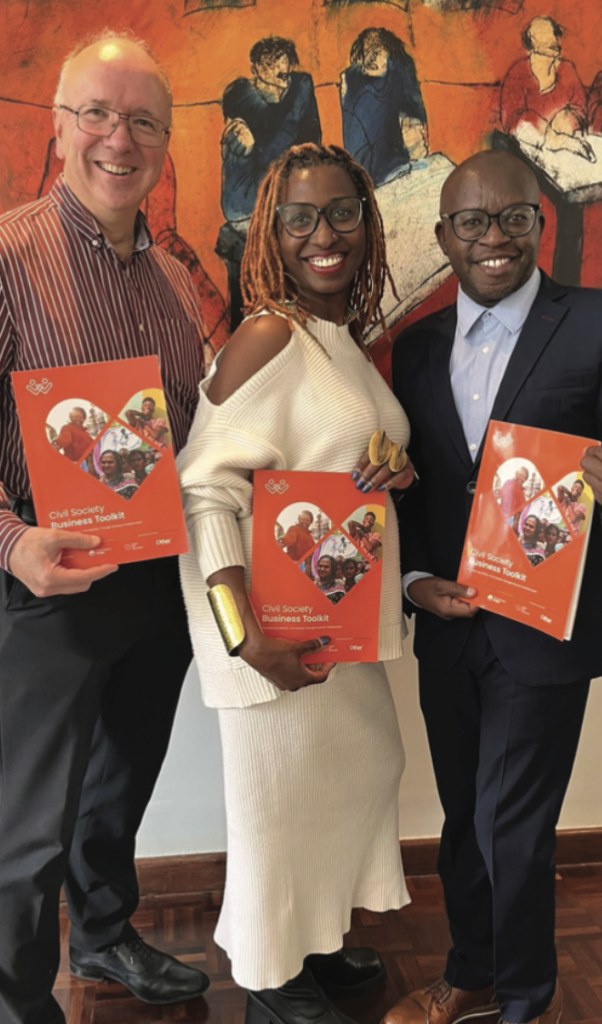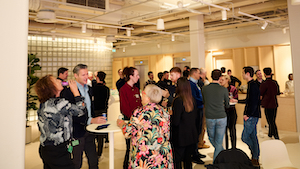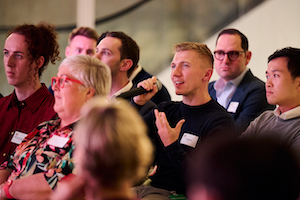31 January 2023

We are pleased to announce that the 10th edition of our Global Benchmark Survey is officially open for registrations from February 1st until April 21st.
Are you looking for a way to measure, manage and report on your LGBTIQ+ policies and practices?
Created in 2014, the Workplace Pride Global Benchmark was designed to measure the LGBTIQ+ inclusion practices of internationally active employers. It also addresses the needs of organisations faced with implementing global D&I and LGBTIQ+ policies in countries where obstacles, such as legal frameworks or cultural norms make it hard to do so.
So what does the Global Benchmark actually do?
- Gives participants a custom-made overview of their organisations’ LGBTIQ+ policies and practices
- Suggests practical improvements to policies and practices
- It highlights how organisations rank among their peers through an online and print publication.
- Awards a “Workplace Pride Global Benchmark Endorsement” for top-scoring organisations
- Is the go-to measurement tool of LGBTIQ+ policies and practices for internationally-active employers
- To view a Sample Global Benchmark Result report click below:
[wpdm_package id=’11639′]
Registration is free of charge to all Workplace Pride members. If your organisation is a member of Workplace Pride, you will receive the link to the Global Benchmark and a personalized code when you register at the link below.
Non-members participants pay an administrative fee of €2000 ex VAT and will receive further instructions upon registration. This fee includes a detailed report of your LGBTIQ+ policies and practices in relation to your peers, along with suggestions for improvements. It also includes assistance in filling out the Global Benchmark if required.
A presentation about the Global Benchmark
To watch a short presentation (14 minutes) about the changes to this year’s Global Benchmark
Click HERE or watch below:
We have a frequently asked questions page with tips and guidance.
Submissions for the 2023 Global Benchmark close on Thursday, April 21 at 24:00 (CET).
If you have any questions, please write to benchmark@workplacepride.org









































